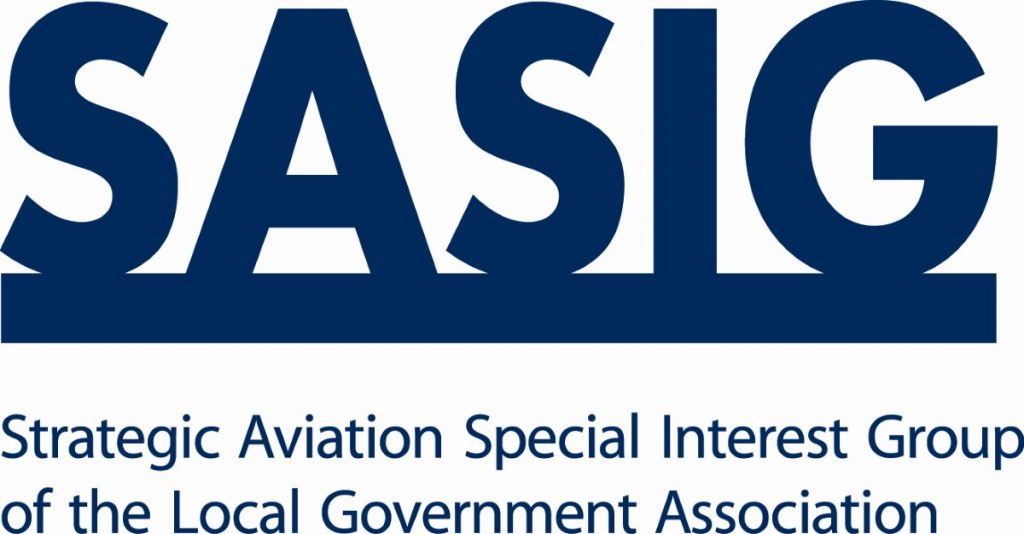SASIG: How high is high enough?
In his Pre Budget Report, the Chancellor has said that APD – Air Passenger Duty – will be doubled. APD is the additional charge that airline passengers pay every time they fly. As the Chancellor clearly stated, for 75% of flights all this means is that APD will rise to £10.
The SASIG Director, Jim Bailey asks: “Why has the Chancellor decided that this was the right change to make? Is it a step towards implementing the ‘polluter pays’ principle, or is it simply to swell the Treasury’s coffers? Despite the Chancellor’s reference to securing extra resources for priorities such as public transport and the environment, a tax raised in such a specific way should be spent directly on the source of that tax.”
The Pre Budget Report was a great opportunity for the Chancellor to act on the Government’s pledge to strike the right balance between the economic benefits of aviation and the environmental damage that it causes. Aviation has clear environmental impacts associated with it, such as noise and air pollution, surface access trips to airports, and in-flight emissions. APD should be used to manage these negative impacts.
SASIG believes that APD needs a complete overhaul, not just cosmetic tweaking. APD, and certainly any increase in APD, should provide for an environmental fund to achieve real environmental gains. This has been done in other sectors – why not in aviation too? In the waste management sector, the Landfill Tax resulted in increased recycling. The Aggregates Levy is used for a wide range of environmental improvements. It is time that aviation caught up.
Mr Bailey added: “The nation’s car drivers pay taxes according to the emissions produced by their vehicles – it is time for airline passengers to pay for the impact of their flights. SASIG accepts that it is not an easy calculation to make, but to be effective APD needs to be at a level which captures the true external costs of aviation and then it needs to be used to reduced the impacts.”
“It would be naïve of the Chancellor to think that an increase in APD will materially reduce the demand for flying. The proposed increase in APD should be allocated to mitigating the adverse effects of aviation. In that way we can continue to enjoy the benefits of travel, but with lower adverse impact.”
Mr Bailey concluded: “The Government has repeatedly failed to adequately consider the full external costs of aviation, and this work is now embarrassingly overdue. The Stern report has made it clear just how damaging such lack of action will be for us all.”
ENDS
6 December 2006
NOTE TO EDITORS
SASIG has a broad national membership of local authorities but does not speak on behalf of the Local Government Association as a whole.





-01.png)